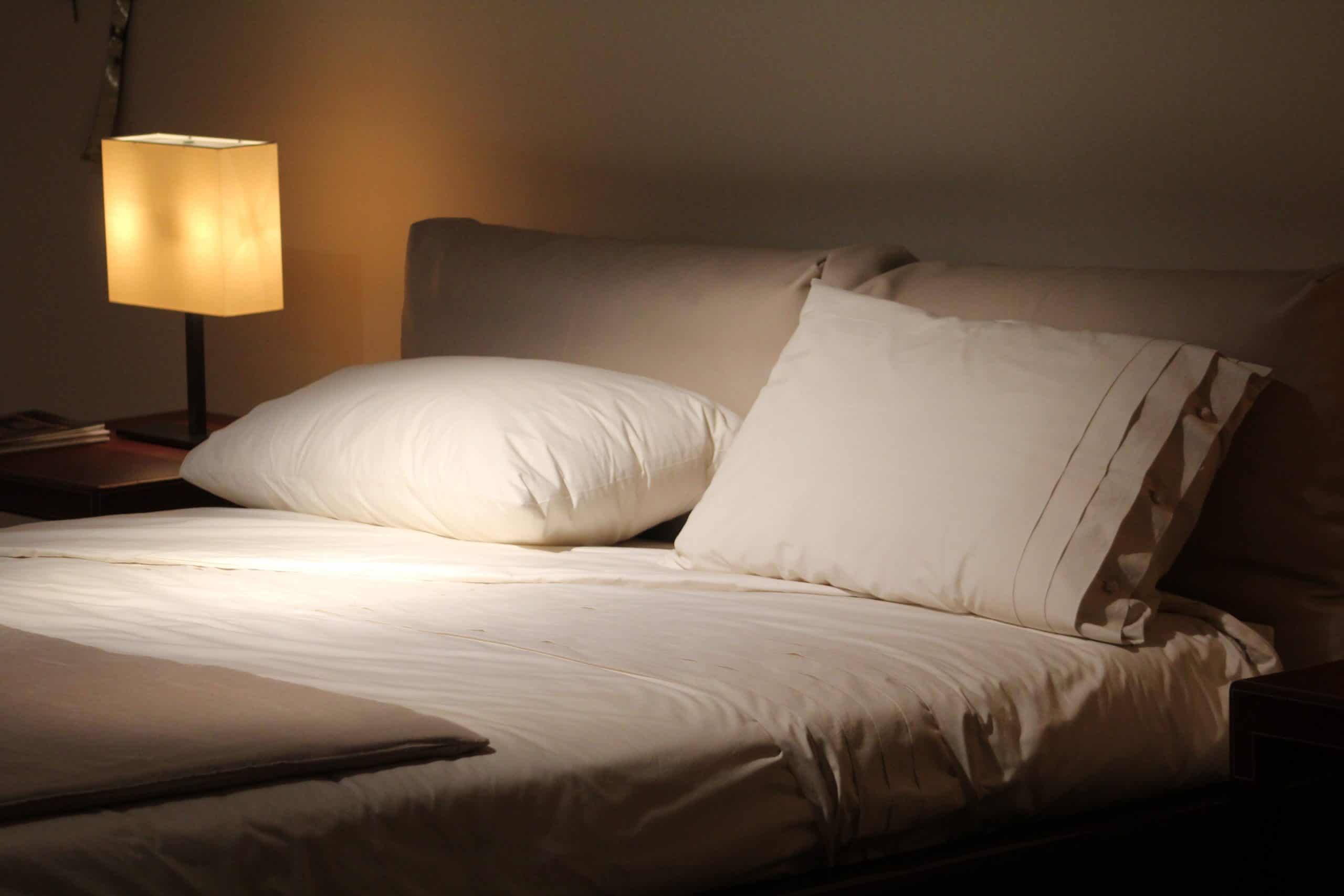
Sleep Quality And Hospice Care
With Sleep Awareness Week coming up March 14th through the 20th, it’s a good opportunity to discuss the importance of high-quality sleep for people in hospice in San Francisco and elsewhere. Because so many people in hospice are elderly patients suffering from dementia, quality sleep is even more critical, as sleep deprivation can exacerbate dementia symptoms. Let’s discuss the connection between sleep quality and hospice care.
Sleep and Delirium
A study appearing in the National Institutes of Health measured the sleep quality of veterans enrolled in hospice. Of those, 44 percent had poor average sleep quality while 58 percent said they had at least one episode of poor sleep. Poor sleep quality was associated with a higher risk of developing delirium. These findings can be helpful in guiding decision-making between doctors, care teams, patients, and families in terms of the impact of sleep disturbance while identifying patients who are at high risk of developing delirium. Delirium is confusion that comes on suddenly over a matter of days or hours.
Patients with delirium may experience the following:
- Restlessness
- Agitation
- Sleepiness
- Memory problems
- Confusion
- Disorientation
- Hallucinations
- Poor concentration
- Paranoia
- Reduced appetite
- Temporary personality change
- Disturbed sleep (sleeping during the day and wide awake at night)
Dementia symptoms usually occur slowly over a period of months or years, while delirium in hospice care due to lack of sleep often develops over a few hours or days. Those who have dementia are more likely to start developing delirium.
Common Sleep Problems in Hospice Patients
Here are some of the most common sleep problems among those in hospice.
- Insomnia: This involves difficulty getting to sleep or staying asleep, as well as not feeling rested even after sleeping. This translates to fatigue during the day.
- Sleep-wake cycle disorders: This happens when nighttime sleep is disrupted, often due to a noisy environment or distressing worries. This can also lead to daytime fatigue. Reduced daytime activity often makes people not feel sleepy when it’s time to go to bed at night, resulting in a disturbed sleep cycle.
- Excessive daytime sleepiness: This is when someone has difficulty in remaining awake during the daytime, with the propensity to fall asleep or get drowsy, common in those who suffer from a terminal disease, says Marie Curie.
There are many things that can cause sleep problems or shifts in sleeping patterns, such as:
- Uncontrolled pain
- Nausea and vomiting
- Restless legs syndrome
- Depression
- Anxiety
- Incontinence
- Spiritual concerns
- Reduced daytime activity
- Delirium
- Certain medications, such as steroids and antidepressants
- Respiratory problems
- Use of caffeine, nicotine, or alcohol
- Withdrawal from medication or substances like alcohol and nicotine
- Uncontrolled symptoms, like itching and sweating
- Environmental factors like late-staying visitors, noise and light levels
Sleep Changes at End of Life
It’s common for hospice patients to get more drowsy and sleep more when they are approaching the end of life. This signals that the person is experiencing their last few hours or days of life. This can be distressing for family members because they can’t communicate as well with their loved one. At this point, it is not wise to encourage your loved one to be more active, or to wake them during the day so they can sleep at night. It’s best to let them sleep as they need to. They are gearing up for the next stage in their journey.
That doesn’t mean you shouldn’t keep up the conversation and keep talking to them. Let them know you are there for them if they need you. They can likely still hear you, so keep talking. Just remind visitors to refrain from saying anything they wouldn’t want the patient to hear.
How Can You Help?
As the family caregiver, there are things you can do to help the patient through this phase, especially at the beginning.
- During the day, you can encourage them to retire to bed and wake at the same time every day, tell them to avoid napping if possible, and encourage them to get at least some physical activity during the daytime.
- To help them manage symptoms, you can ensure that your loved one is comfortable and that their pain is controlled.
- To prepare them for bed, make sure they feel relaxed by listening to calming music or employing relaxation techniques like deep breathing or a warm bath. Make sure visitors don’t stay too late. It can be difficult for hospice patients to feel comfortable enough to sleep when people are in the room. Discourage the use of caffeine, nicotine, or alcohol before bed.
- Create a calm sleeping environment by making sure their room is quiet and at a comfortable temperature. Encourage them to use sleep masks, earplugs, or white noise machines to block outside sounds and lights. Leave a journal by their bed in case they feel anxious and worried, so they can write out their feelings in a therapeutic nature.
Managing sleep problems as much as possible in hospice can help avoid delirium and other symptoms that may come with poor quality sleep.
Contact Pathways Home Health and Hospice
We would be happy to tell you more about our hospice care program and what our care teams do to ensure high-quality sleep for all our hospice patients. Contact us today at 888-978-1306.

